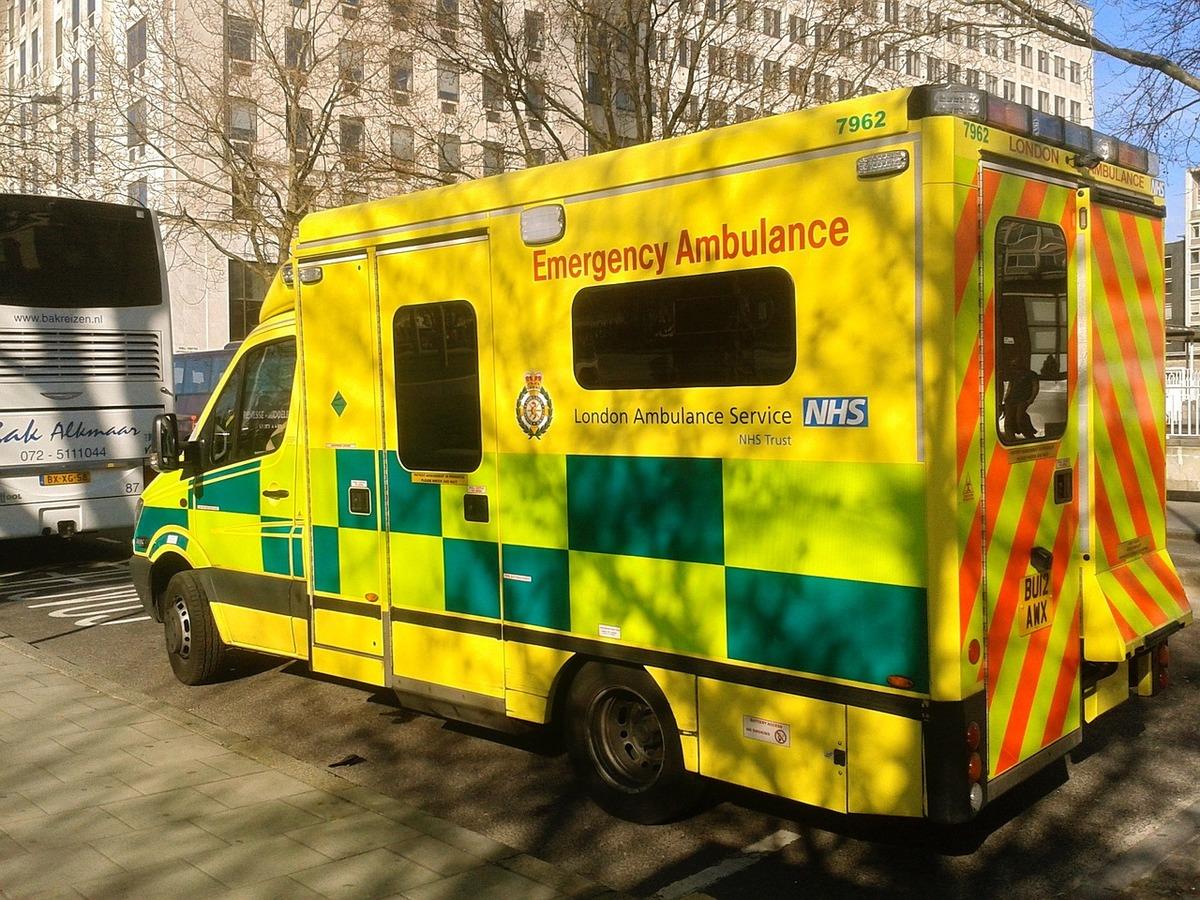The National Health Service is one of the biggest employers in the UK, employing over 1.3 million people. Health and personal care form a crucial part of its services. As such, DBS checks for NHS employees are a key element of safeguarding in the organisation’s recruitment procedures.
With such a wide variety of roles within the NHS, determining and deciding which type of DBS check is most appropriate for each role can be difficult. This blog explains some of the key points to consider when applying for DBS checks for NHS employees.
Hospital employees
Hospital employees form part of the frontline of the NHS, with many of them providing health or personal care for patients. There are two aspects of a hospital employee’s role that can affect their eligibility for a DBS check: the nature of the work they do, and where they are based.
Put simply, anyone engaging in regulated activity would usually be eligible for the highest level of DBS check – an enhanced DBS check with checks against the children’s and vulnerable adults’ barred lists. Employees providing health care or personal care, therefore, would be eligible for this type of check. This would include many of those working in hospitals, including doctors, surgeons, nurses and healthcare assistants.
For many other employees in hospitals, their eligibility for a DBS check would rest on their place of work within the hospital. Those who have access to patient wards but do not engage in regulated activity would usually be eligible for a standard DBS check. This is because, whilst they wouldn’t be engaging in care, they would have access to patients in receipt of care. This may apply to roles including reception or admin staff within wards, or cleaning and catering staff.
For all other employees in hospitals, consideration should be given to all aspects of their role, including their access to patient wards. In general, those working in other areas of the hospital, like administrative buildings without access to patients, would not be eligible for a standard or enhanced DBS check. In these cases, a basic disclosure could be requested. This is a lower level of criminal record check, but will still detail any unspent convictions the applicant has. Basic checks are processed and issued by the DBS for people working in England and Wales, and Disclosure Scotland for people working in Scotland.
Working in a GP surgery
DBS checks for NHS employees in GP surgeries work in much the same way as checks for those working in hospitals, but with some other potential points to consider. As in hospitals, anyone providing health or personal care, and thus engaging in regulated activity, would be eligible for an enhanced DBS check with checks against the children’s and vulnerable adults’ barred lists. These include roles such as GPs, nurses, healthcare assistants, and practice managers who oversee and are directly responsible for those providing the care.
Reception staff in a GP surgery would also often be classed as engaging with patients in receipt of care and thus be eligible for a standard DBS check. In addition, any reception staff who also act as chaperones would also often then be eligible for an enhanced DBS check because of this additional aspect to their role.
Emergency services
Paramedics form the mainstay of the NHS’s emergency response. They’re also sometimes supported by trauma doctors, and sometimes mental health services. These employees all provide health care or personal care, and therefore engage in regulated activity.
As such, paramedics, trauma doctors and any other health care practitioners forming part of the NHS emergency response would be eligible for an enhanced DBS check with checks against the children’s and vulnerable adults’ barred lists.
DBS checks for NHS employees: A summary
DBS checks for NHS employees form an important part of recruitment. This is largely because of the need for robust safeguarding measures for roles where care plays such an important part.
Here are the key points to remember when looking to request DBS checks for NHS employees:
- Determine which type of DBS check is most suitable for each employee by considering all aspects of their role, including the nature of their work and where they will be working.
- If you’re still unsure, you can contact the DBS directly.
Be sure to get in touch with us if you have any further questions. You can apply for a number of DBS Checks through our simple online platform – most checks are completed within 48 hours. Get started now.







